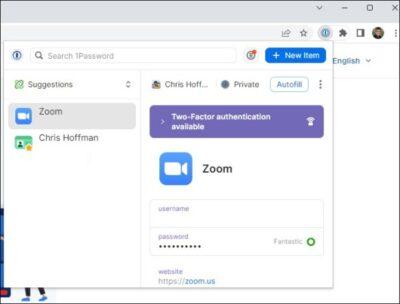Why You Should Use a Password Manager Instead of Browser-Based Ones, and How to Get Started

You do need some sort of proper password manager today, mainly because you cannot re-use the same passwords across different websites. So having a unique password, as well as a unique user ID/Email for each one, means you cannot remember 500+ combinations across all websites. Yes, for example, Bitwarden will also generate, and remember, a unique e-mail address login for each website (through either a 3rd party service, or even just with your existing service by making use of plus addresses). A unique e-mail address means even more added security, as any hacker has to guess both a unique e-mail address and a unique password and cannot use your know e-mail address.
A browser-based password manager can do the very basics but usually does not do the more advanced functionality such as generating user IDs, 2FA filling as well as access security, can be locked independently of the browser, and more. Their use is also limited to just that browser. I regularly use more than one brand of browser, and I work across different OSs. I need something that will sync across all browsers on all devices.
Many password managers will provide a free tier with some limitations (some are even completely free) but it is important to tick off what features you will need to use.
Even if you do pay for a good password manager, it is probably worth it, as our website accesses are unlocking more and more valuable resources from banking to online investments, our e-mail, our remote work logins, our identities, etc.
As sites transition to passkeys, so should all current password managers be adding this functionality in the coming year.
See https://www.howtogeek.com/141500/why-you-should-use-a-password-manager-and-how-to-get-started/
#Blog, ##passwordmanagers, #passwords, #security, #technology
There are no comments yet.